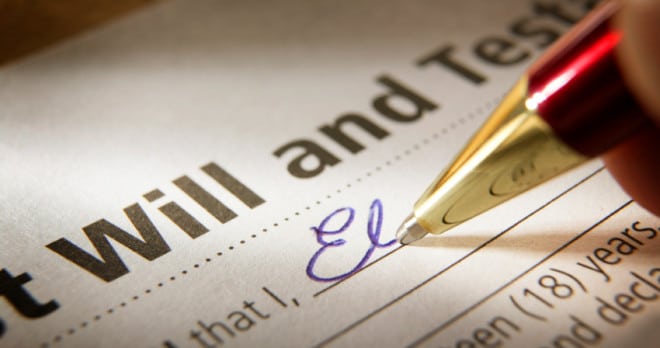Will witnesses during the Coronavirus – does the requirement need to be waived to save time?

An increase in demand - a change of processes?
Section 11 of the Wills Act 1837 introduced the Privileged Will which allows for members of the armed forces to draw up a will quickly when they do not have the time, resources or capabilities to comply with formalities otherwise needed. They are able to make either a written or an oral will and, if written, there is no requirement for witnesses to its execution.
With the coronavirus pandemic moving as quickly as it is, this is seeing more people wanting to draw up a will and sometimes with practical difficulties to execution. Having a Privileged Will would enable them to do this and reduce concern of there not being a will in place when really needed.
What is the current process?
Generally, in law a will must be signed not only by the person making it but also by two independent witnesses. Since the coronavirus outbreak began in the UK, we have been noticing more and more people struggling to find those willing and able to act as witnesses. This is exacerbated by the need for the witnesses not to be people who stand to benefit from the will in question. If someone is self-isolating the chances are that they will be at home with the very people they may intend to benefit.
Additionally, given the government’s announcement that the NHS is writing to 1.5 million people in England most at risk, encouraging them to stay at home, this means they can’t have face-to-face contact with anyone other than those they live with. This makes it even harder to bring an independent witness in or to identify a witness who is not themselves self-isolating.
These limitations could perhaps be avoided through extending the use of Privileged Wills to others for whom circumstances make it all but impossible to comply with normal requirements.